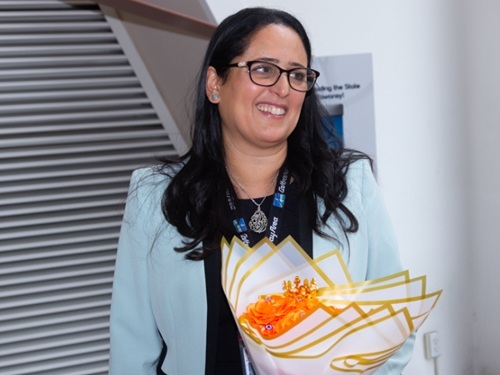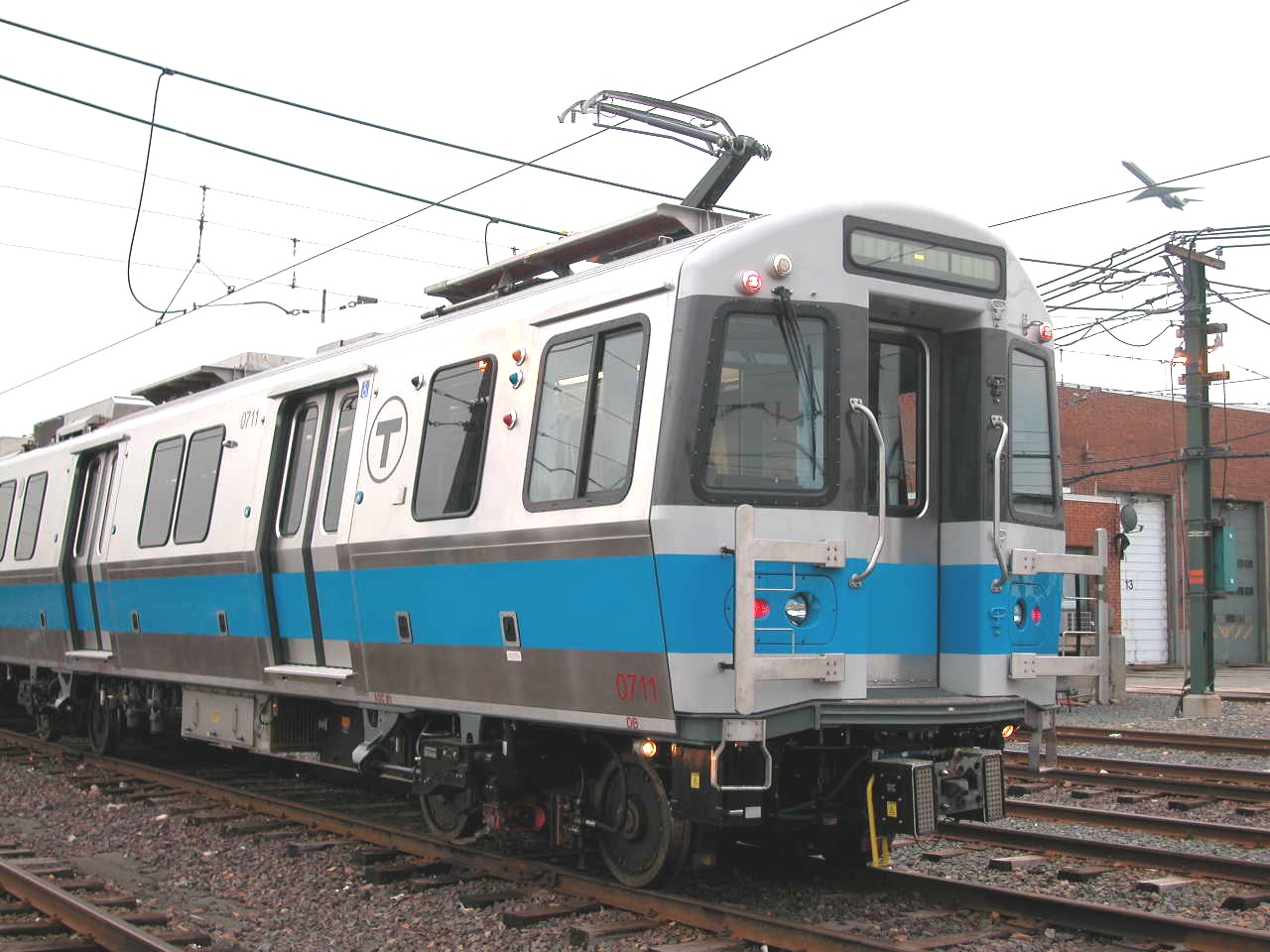The board of directors for the Massachusetts Department of Transportation and Massachusetts Bay Transportation Authority officially signed off on a five-year, $18.3 billion capital investment plan for both agencies that will, among other things, provide $146.5 million in initial start-up funding for the $300 million Hopkinton-Westborough I-495/I-90 Interchange improvement project that’s now in the planning and environmental review stage.
“We are proud to continue investing in our roads, bridges, railways, airports, and multimodal pathways, and providing improved services for our customers,” said Massachusetts Transportation Secretary and CEO Stephanie Pollack in a statement. “We have appreciated the input of members of the public and stakeholders throughout the CIP process and we thank the MassDOT and MBTA staff members who have worked for months to create this comprehensive planning document.”
The $18.3 billion in CIP funding for fiscal years 2020-2024 is an increase of approximately $1 billion over the last five-year CIP, noted Gov. Charlie Baker (D) in a statement and will funnel more than $2.3 billion in state and federal funds either through direct grants or reimbursements to cities and towns across Massachusetts for all manner of transportation infrastructure: roads and bridges; public use airports; along with rail and transit needs.
“We are continuing to invest historic levels of funding into the MBTA and to strengthen our roadway and bridge networks in order to provide a more reliable transportation system across Massachusetts,” the governor said. “This latest update to the MassDOT and MBTA CIP includes projects that will serve residents throughout the Commonwealth including delivering South Coast Rail and supporting the ongoing transformation of the Red and Orange Lines.”
Approximately 45 percent of the $18.3 billion in total investments for both MassDOT and MBTA identified for the next five years will be focused on the “reliability and resiliency” of the state’s core transportation system, Gov. Baker said.
A further 28 percent is devoted to modernizing the system in order to better accommodate current or anticipated growth and respond to new needs, he added – such as increased accessibility and safety requirements that may not have existed when these assets were initially planned and constructed – while 16 percent of that funding aims to “expand diverse transportation options” for communities throughout Massachusetts.
The governor also noted that his administration plans to file a transportation bond bill in the near future, which will include authorization to support several items in the fiscal year 2020-2024 CIP, as well as future investments in the state’s transportation system.
 States
States
Dina El-Tawansy Appointed Director of Caltrans
July 11, 2025 States
States

